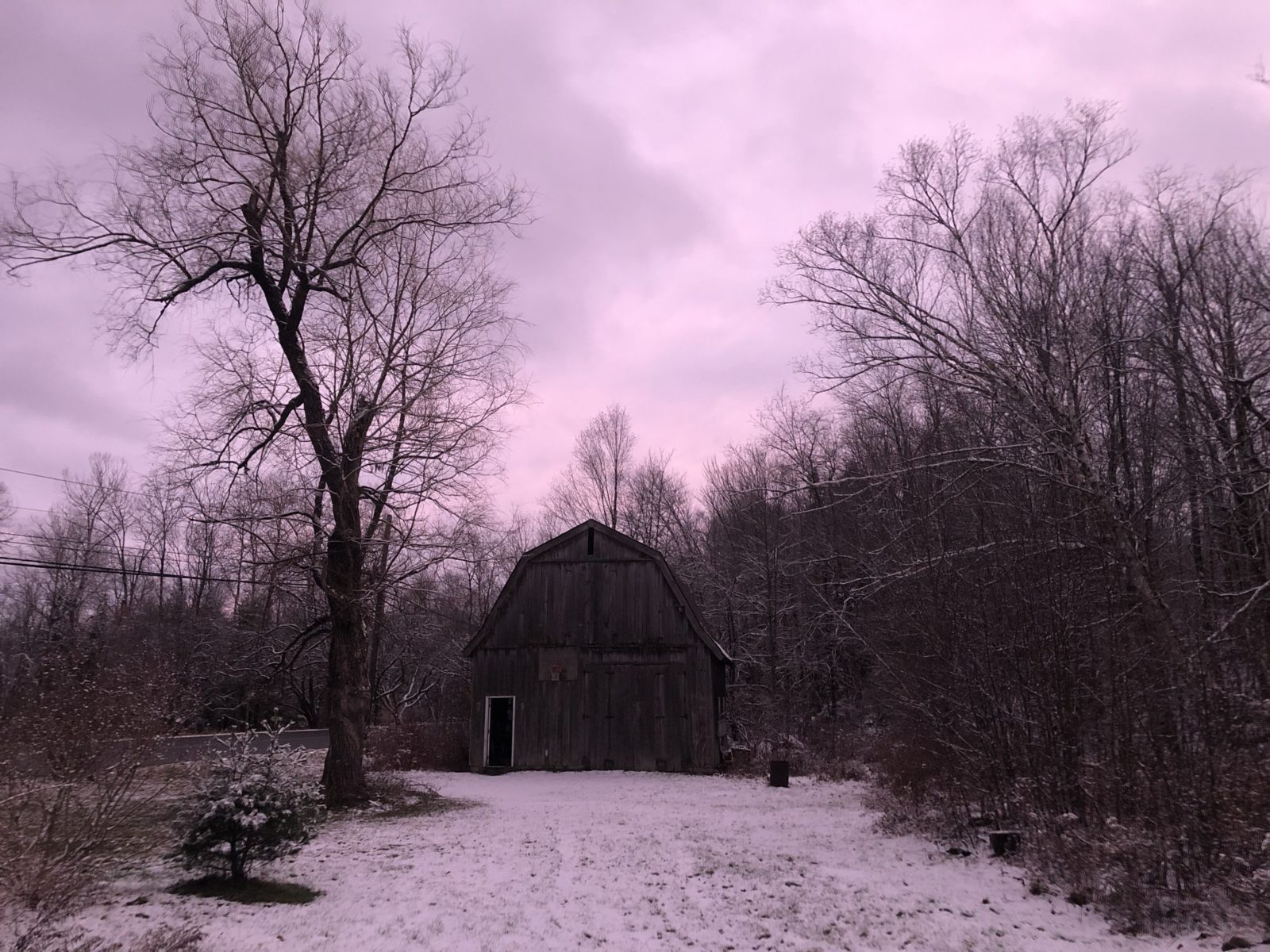
Today is the shortest day of the worst year in recent history. At my address in Western Massachusetts, the sun will set at 4:21 pm and the total length of the daytime will be just 9 hours and 3 minutes.
These short days, which get more brutal each November when daylight savings time (DST) ends, suck every year. But it’s even harder this year with indoor activities being shut down. The only safe(ish) option for socializing is to do stuff outdoors, and when it’s dark and cold outside by the time you get off work, that’s a lot harder to pull off.
It doesn’t have to be this way. DST could be made permanent through legislative action and we could all get an extra hour of afternoon sunlight throughout the winter months. That extra hour would be a huge help for people who want to fit in a run after work, or anyone who doesn’t like it being dark at 4:30 in the afternoon.
In the past three years, 13 states have passed laws to allow them to stay on DST all year long: Delaware, Florida, Georgia, Louisiana, Maine, Oregon, South Carolina, Tennessee, Utah, Washington, Arkansas, Alabama, and Wyoming. California voters authorized permanent DST in 2018, but it is still awaiting legislative action. Eleven more states have had legislation pending on the matter this year, according to the National Conference of State Legislatures.
None of these state bills can take effect without an act from Congress. The Uniform Time Act of 1966 says states can exempt themselves from DST, but there is no law allowing them to opt out of standard time altogether.
Bills have been introduced in Congress to let states stay in DST throughout the year, but they have not moved. For multiple sessions they have received bipartisan cosponsorship, but get referred to committee with no further actions taken.
One reason why the bills keep stalling is they are opposed by the National Association of Broadcasters, the trade association for television and radio broadcasters that is among the top lobbying spending groups in D.C. The group has reported lobbying on the Sunshine Protection Act, which it opposes, in every quarter since it was first proposed in 2018.
The broadcasters lobby’s reasoning is simple: If it’s dark out after work, you’re more likely to plop your ass on the couch and spend your evening consuming their programs.
“I think television networks would like it to be dark as soon as you left the office and headed home for the night,” is how Bill Gorman of the now-shuttered website TV By the Numbers put it on NPR in 2010.
Every year when DST starts in the spring, television ratings take a hit. Gorman told NPR that in 2009, ratings were down 10 or 11 percent in the 8 pm prime time slot the Monday after DST ended.
The National Association of Broadcasters happens to be a top donor to the chairmen of the committees that have decided not to advance the Sunshine Protection Act.
In the House, the bill has been referred to the Energy and Commerce Committee, which is chaired by Rep. Frank Pallone (D-N.J.). In the 2018 and 2020 election cycles, the National Association of Broadcasters was Pallone’s third largest donor, according to the Center for Responsive Politics. In the most recent election, its PAC and employees gave Pallone’s campaign and leadership PAC $37,500. The Senate committee where the bill has been referred to is chaired by Sen. Roger Wicker (R-Miss.), whose campaign and leadership PAC received $67,850 from the National Association of Broadcaster in the most recent cycle, making the lobbying group his fourth-largest donor.
The broadcasters also work at the state level to kill permanent DST. In 2018, the Florida Association of Broadcasters lobbied then-Gov. Rick Scott against signing the state Sunshine Protection Act that had passed the legislature. Florida Association of Broadcasters president Pat Roberts told Inside Radio that “It sounds like a good idea, but it’s the dumbest thing in the world.” Scott ended up signing the bill and is a co-sponsor of the federal legislation now that he is a U.S. senator.
There are plenty of reasons why DST should be made permanent. The time switching to DST each spring leads to a spike in fatal car accidents each year due to sleep deprivation. Heart attacks and stroke incidents increase due to the transitions in and out of DST. But there is celebrity gossip, and sensational cable news, and preseason NBA basketball, and there is simply too much money to be made off your attention to the ads.

